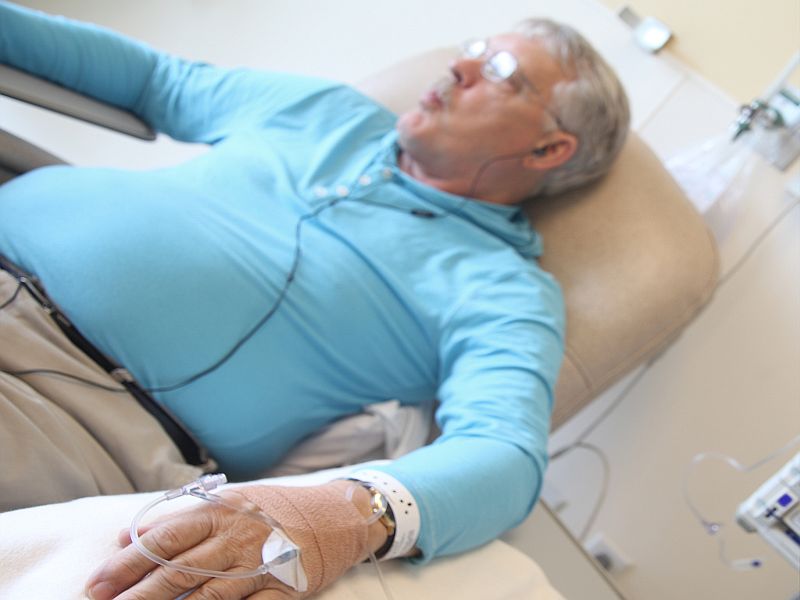Cancer Drugs Sometimes Work in Unexpected Ways: Study

WEDNESDAY, Sept. 11, 2019 (HealthDay News) -- Ten cancer drugs being tested in human clinical trials appear to work -- but not in the ways their developers thought they would, researchers say.
"The idea for many of these drugs is that they block the function of a certain protein in cancer cells. And what we showed is that most of these drugs don't work by blocking the function of the protein that they were reported to block," said study co-leader Jason Sheltzer, a fellow at Cold Spring Harbor Laboratory in New York.
The drugs -- being tested on about 1,000 patients -- do appear capable of killing cancer cells, according to the authors of the study published Sept. 11 in the journal Science Translational Medicine.
The study arose from work by Sheltzer's lab to identify genes tied to low survival rates among cancer patients. The researchers discovered that a protein called MELK, which is often abundant in tumors, plays no role in cancer growth.
That was a surprise, because dozens of academic papers had identified MELK as essential for a cancer cell's survival. But when Sheltzer's team turned off MELK production using gene-editing technology, this had no impact on cancer cells.
After rechecking their results, the researchers concluded that MELK is not an ideal target for cancer drugs, after all.
At the time, Sheltzer's team warned other researchers that this may be a common problem -- that suspected cancer treatment targets might not actually help drug development.
In order to prove that, they launched this study and identified 10 experimental cancer drugs that do not work in the expected way.
However, learning why they don't work in the expected way can still help efforts to develop new drugs and personalized medicines, the team explained.
"A lot of drugs that get tested in human cancer patients tragically don't end up helping cancer patients," Sheltzer said in a laboratory news release.
However, "if this kind of evidence was routinely collected before drugs entered clinical trials, we might be able to do a better job assigning patients to therapies that are most likely to provide some benefit. With this knowledge, I believe we can better fulfill the promise of precision medicine," he said.
More information
The U.S. National Cancer Institute has more on cancer treatments.

The news stories provided in Health News and our Health-E News Newsletter are a service of the nationally syndicated HealthDay® news and information company. Stories refer to national trends and breaking health news, and are not necessarily indicative of or always supported by our facility and providers. This information is provided for informational and educational purposes only, and is not intended to be a substitute for medical advice, diagnosis, or treatment.

